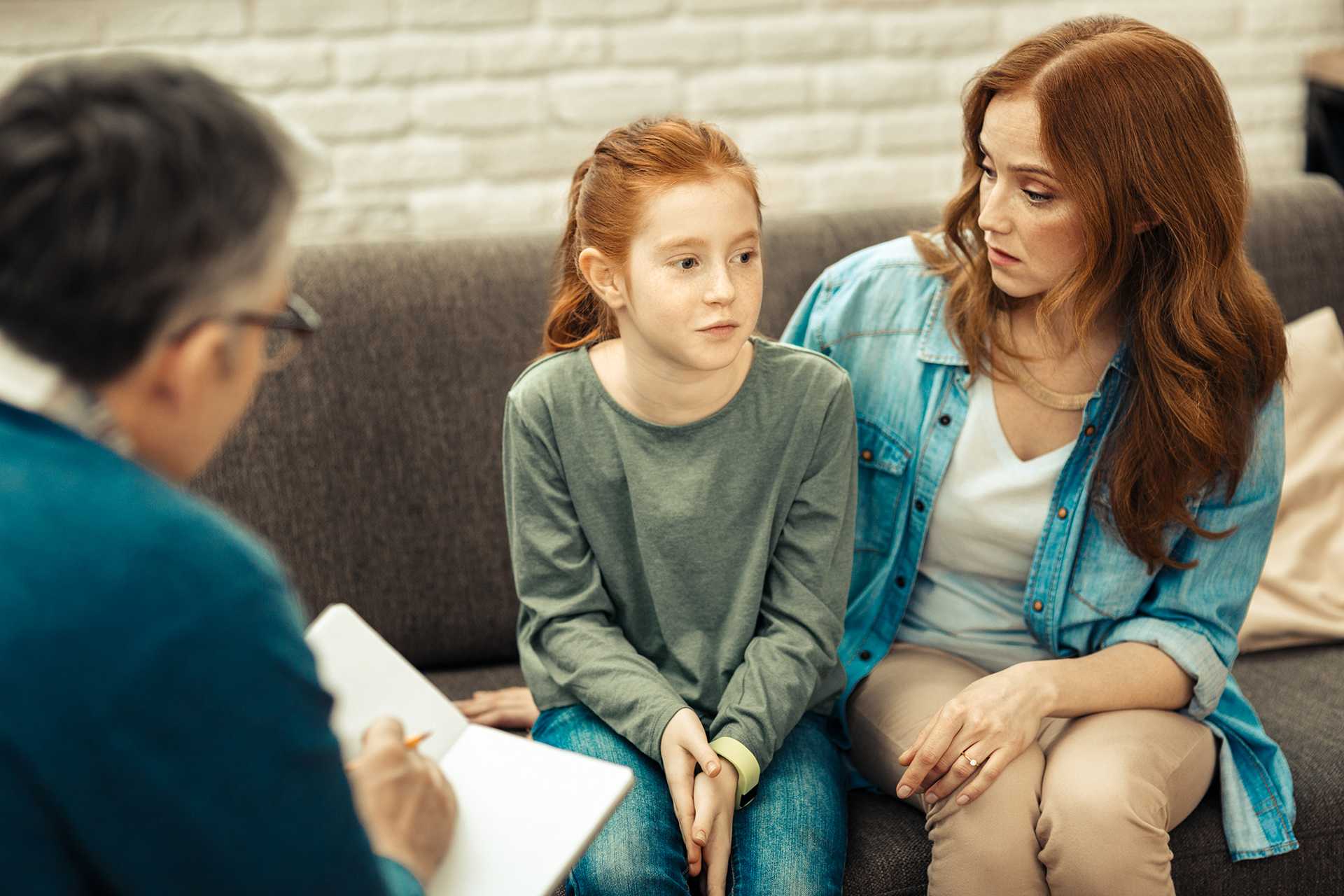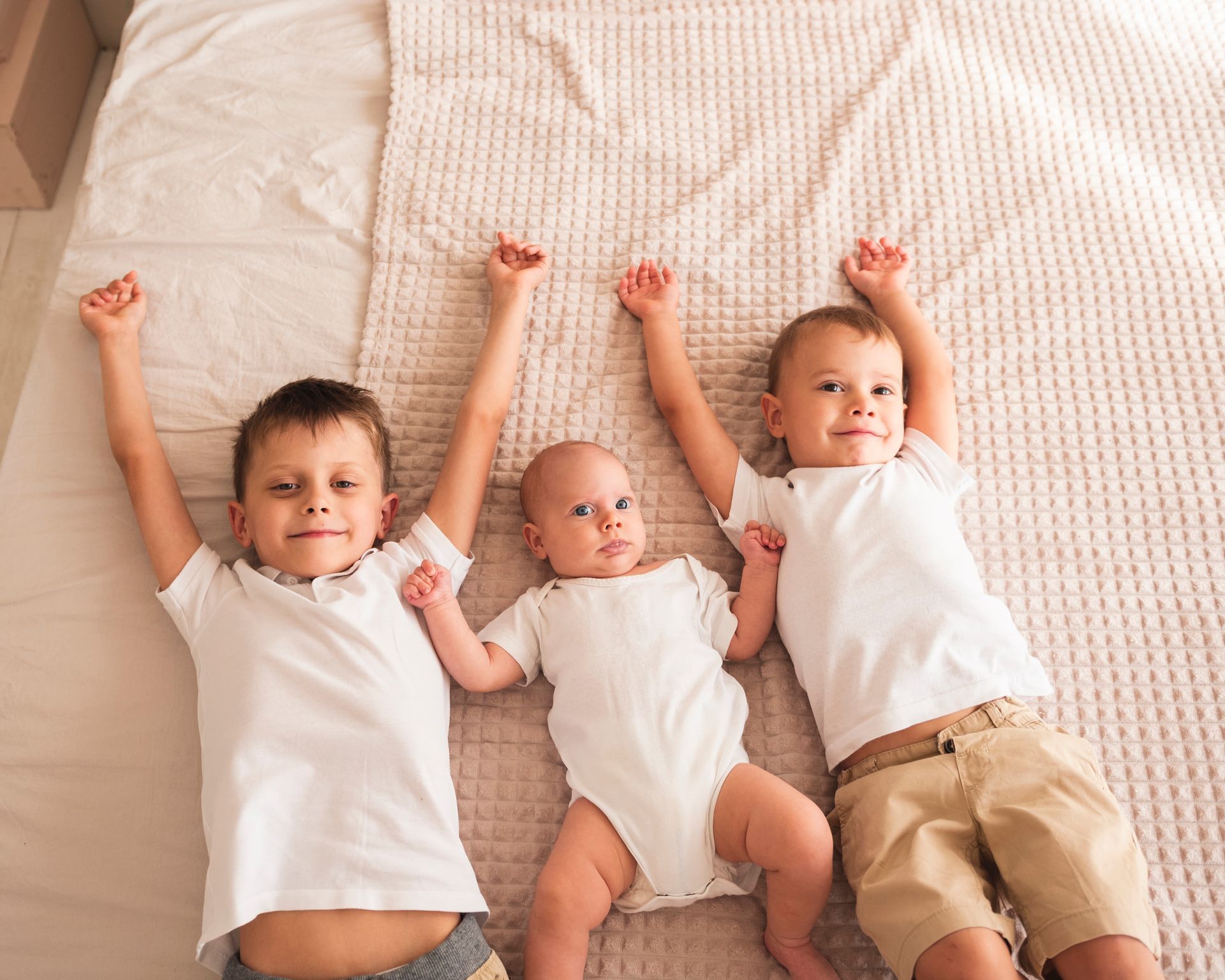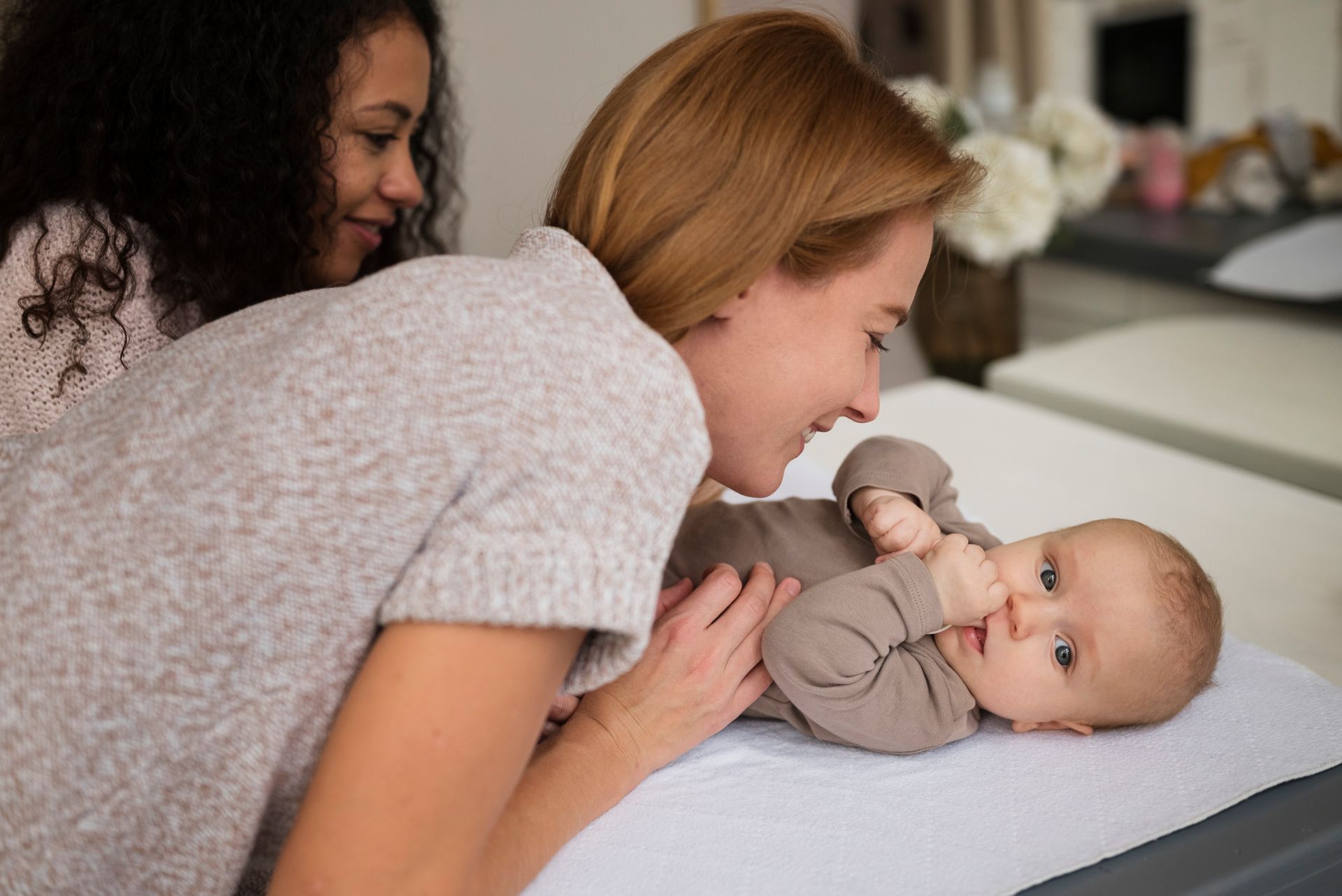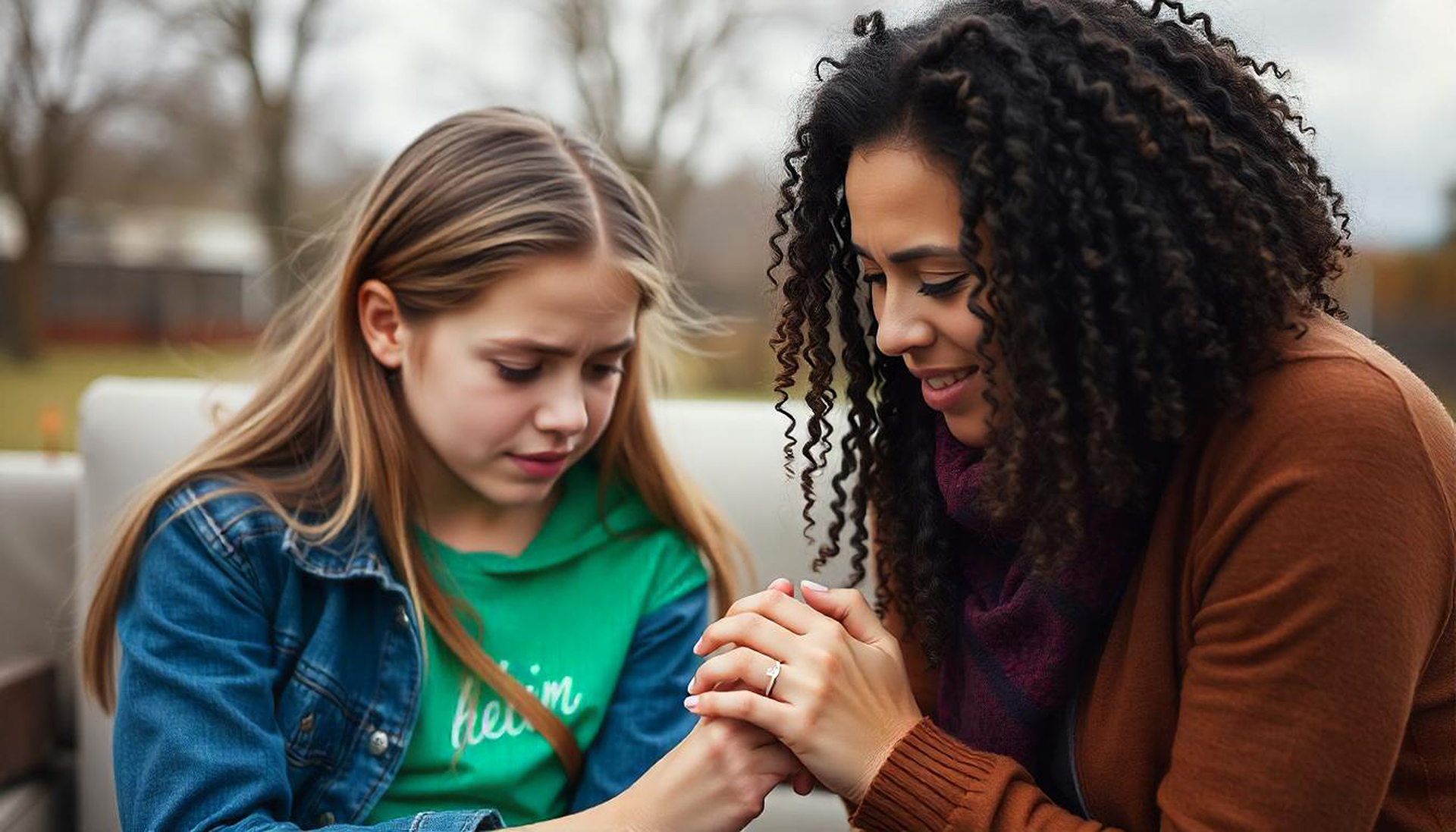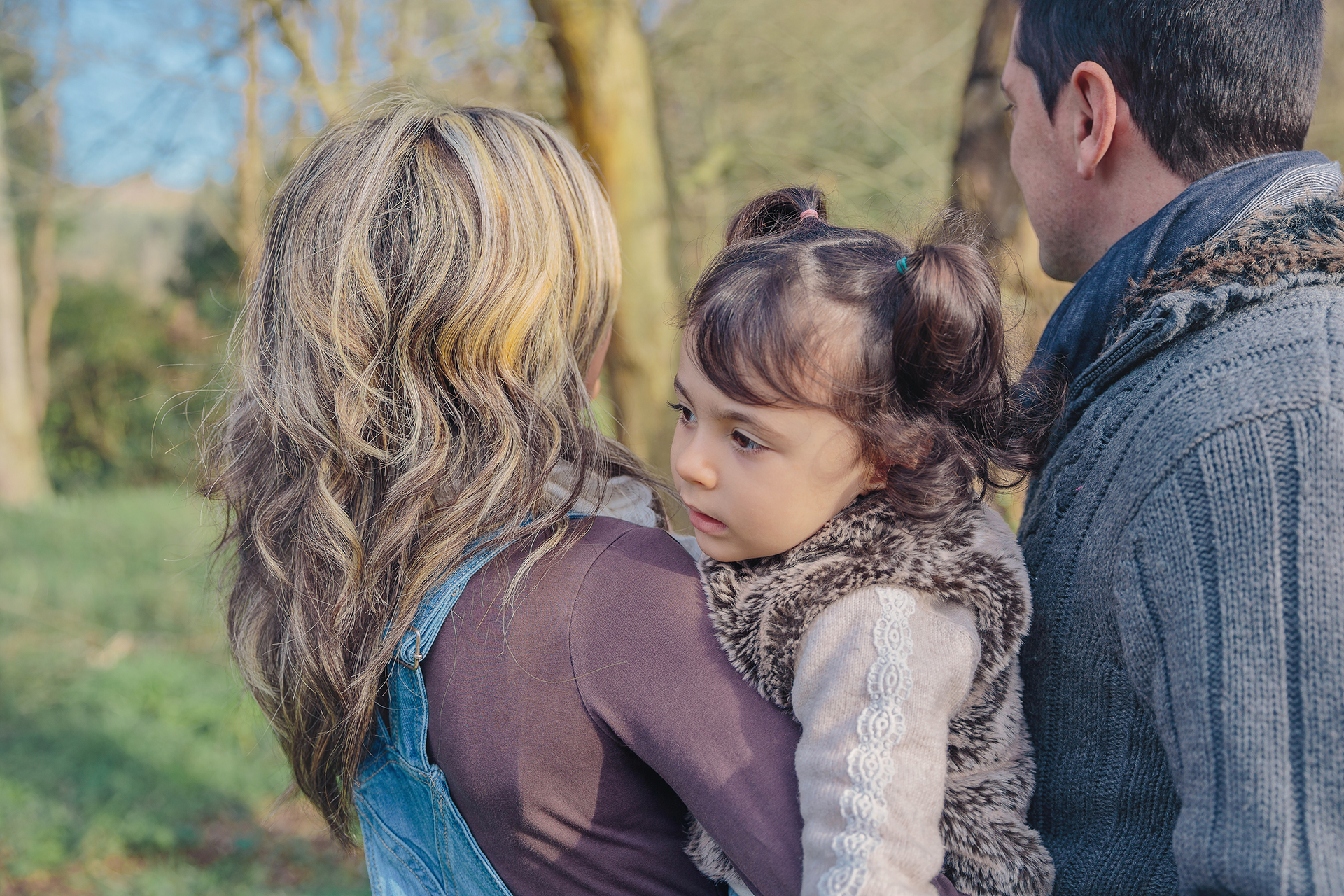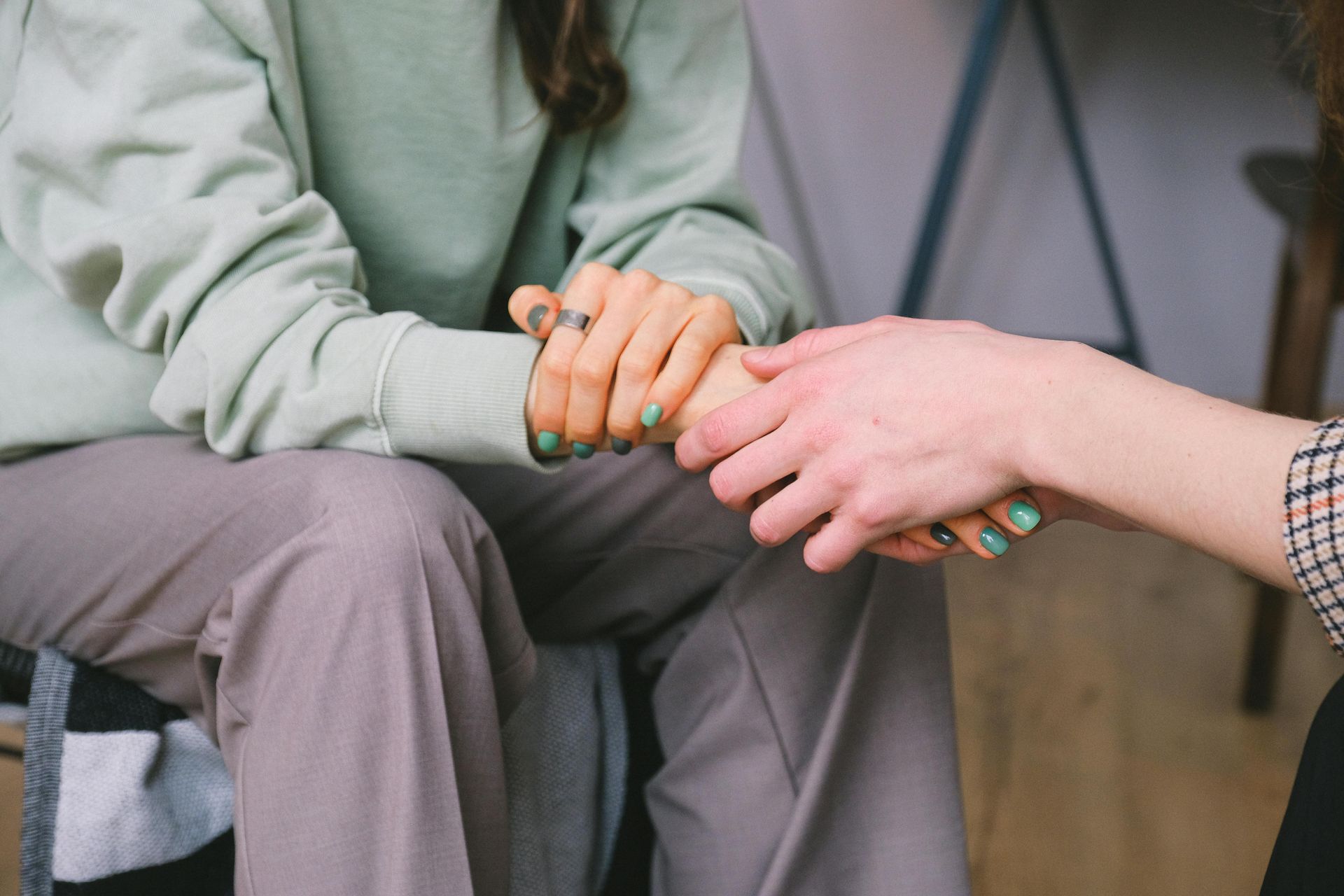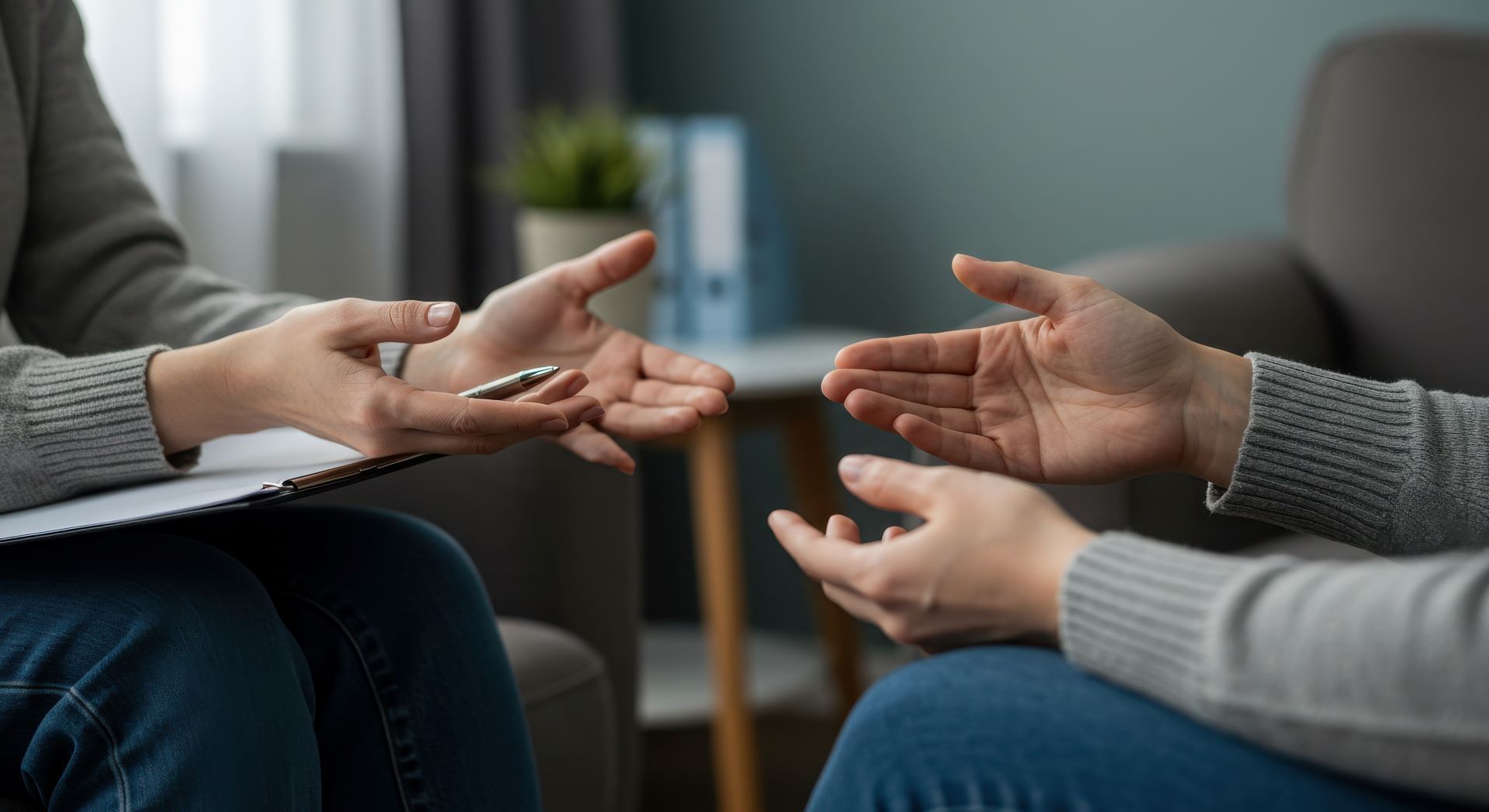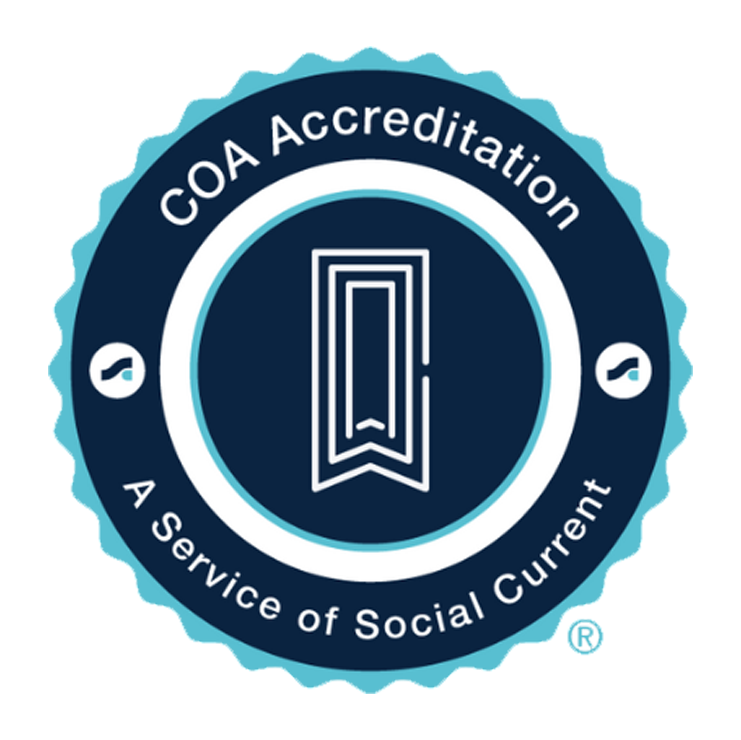Signing adoption papers is one of the most significant and emotional steps a birthmother will ever take. Whether you feel relief, grief, uncertainty, or a mix of everything, you’re not alone in wondering: What happens next?
This guide will walk you through the timeline of what happens after signing adoption papers from the legal finalization process to emotional healing and support. If you're searching for answers about what happens after signing adoption papers, this post will give you both clarity and compassion as you navigate life after placement.
Understanding the Legal Impact of Signing
Once you sign the legal documents consenting to place your baby for adoption, your parental rights begin transitioning to the adoptive family. Depending on your state and circumstances, some legal timelines may vary slightly, but here’s what you can typically expect:
Legal Finality
In most states, after the revocation period (if applicable) ends, your decision becomes legally binding. Some states have no revocation period, meaning your signature is final the moment it’s submitted. Others may allow 48–72 hours or more for a change of heart.
It’s important to remember that:
- Signing papers terminates your parental rights once the adoption is finalized in court
- You are not required to attend the final court hearing unless you want to
- Your attorney or agency will ensure all state specific legal protocols are followed
If you're working with a licensed agency like CFK, they will walk you through this carefully and ensure you understand your rights at every step.
The First Few Days Post-Placement
The initial days after signing adoption papers are often the most emotionally intense. You may feel sadness, guilt, emptiness, peace, or a combination of all these feelings.
Many birthmothers report that the early post-placement period feels surreal. You may go home with a quietness that feels too loud. You may have second thoughts or wonder how to cope with the loss. These reactions are normal.
Expect your agency or counselor to:
- Check in with you regularly
- Provide access to post-placement counseling
- Offer practical support (transportation, follow-ups, etc.)
It’s also okay if you don’t know what you feel yet. There is no “right” reaction only your experience.
The Following Weeks: Physical & Emotional Recovery
Emotional Landscape
Your emotions may continue to shift weeks after placement. You may begin to:
- Reconnect with friends or return to school or work
- Grieve milestones like your baby’s first week
- Reflect on your decision and the reasons behind it
You are still a mother just a mother who made a deeply loving, sacrificial choice.
Physical Recovery
If you gave birth recently, your body is still healing. You may be managing postpartum hormones, physical discomfort, or exhaustion. Some mothers report delayed emotional responses due to focusing initially on physical recovery.
Give yourself grace. And don’t hesitate to reach out to your counselor or healthcare provider if you’re struggling.
One Month Post-Placement
Around this time, many birthmothers begin asking: Where do I go from here?
This is when your post-placement plan becomes incredibly important. It may include:
- Ongoing therapy or support groups
- Scheduled updates or visits in open adoptions
- A life plan that includes education, career, or other goals
You might also experience the first holidays, birthdays, or family gatherings after placement. These can bring new waves of grief or clarity. Surround yourself with people who understand or are willing to learn how to support you.
If you created a
post-placement plan with your agency, now’s the time to revisit it and make adjustments based on how you’re feeling.
Three to Six Months After Placement
Many birthmothers report that this window is when they start to find a new rhythm. You may still grieve, and some days may still be heavy but many find themselves regaining confidence in their decision.
This period might include:
- Deeper participation in support groups
- Reestablishing a sense of purpose
- Building or rebuilding relationships
- Renewed communication with the adoptive family (if open adoption applies)
You might also begin to advocate for other birthmothers or become involved in adoption awareness.
The First Year After Signing
A year after placement, many birthmothers feel proud of their strength, though they may still have questions or difficult days. Key milestones like your child’s first birthday, your own birthday, or holidays can stir up fresh emotions.
This is a time when:
- Long-term healing takes root
- You may see photos or get updates if your adoption is open
- You consider how adoption has shaped you and how you want to grow from it
Post-placement grief doesn't follow a schedule. Even if you're doing "better," you still deserve support. You don’t need to “get over it” you just need space to process and grow.
What About Open Adoption After Papers Are Signed?
If you chose an open or semi-open adoption, contact and communication typically begin or continue after signing papers and placement. These interactions might include:
- Regular photo updates
- Scheduled visits or video chats
- Letters and emails
- Annual meet-ups, if agreed upon
Open adoption relationships evolve over time, and your agency can help mediate if anything feels uncomfortable or unclear.
It’s also okay to re-evaluate your communication preferences over time. If you need space or want more connection, those are valid requests.
Your Rights After Placement
Even though your legal rights as a parent end after signing the adoption papers and finalization, you still have human rights as a birthmother, including:
- The right to ongoing emotional support
- The right to ask questions or seek information about the adoption
- The right to revisit your open adoption plan (where applicable)
- The right to not be judged for your grief, healing, or choices
CFK and many other agencies offer lifetime support to birthmothers because healing doesn’t stop when the paperwork is done.
A Birthmother’s Reflection: “It Didn’t End There”
“I thought signing the papers was the end of the story. But in many ways, it was just the beginning of another chapter. The part where I grew stronger, more compassionate, and more aware of who I was. I still grieve. But I also live and I live with peace knowing I chose what I believed was best for my baby.”
You’re not alone in this journey. There are others who have walked this path and found healing, growth, and even joy on the other side.
Conclusion: You Are More Than a Signature
Signing adoption papers is not the end, it’s part of a bigger story that continues with healing, support, and a future full of possibilities. Whether you’re days, weeks, or months post-placement, your emotions are valid, your questions matter, and your growth is still unfolding.
CFK is here to support you through it all. From legal guidance to emotional care, our team is committed to walking with you every step of the way. If you’re navigating life after signing adoption papers, reach out we’re ready to help you write your next chapter with compassion and clarity.
Call or text CFK: (330) 294-9811
Contact us at options@cfkadopt.org
FAQ: Life After Signing Adoption Papers
Can I change my mind after signing adoption papers?
It depends on your state. Some states allow a brief revocation period (e.g., 48-72 hours). Others consider the adoption irrevocable upon signing. Your adoption counselor or attorney will clarify your rights based on where you live.
Do I still have any contact with the baby or family?
If you chose an open or semi-open adoption, yes. Contact may include letters, photos, or even visits. In closed adoptions, there’s typically no direct contact post-placement.
How can I cope with the grief after placement?
Grief is normal and valid. Many agencies offer post-placement counseling and support groups. Journaling, therapy, and talking with other birthmothers can help you process your emotions over time.
What legal steps still happen after I sign the papers?
The final adoption decree usually happens in court within weeks or months of placement. While you may not need to attend, the agency will complete the necessary legal filings to finalize the adoption.
Is there support available long-term?
Yes. CFK and other licensed agencies provide lifetime support to birthmothers including counseling, peer support, and help with navigating open adoption relationships.
What Happens After I Sign Adoption Papers? A Birthmother’s Timeline
Recent Posts


